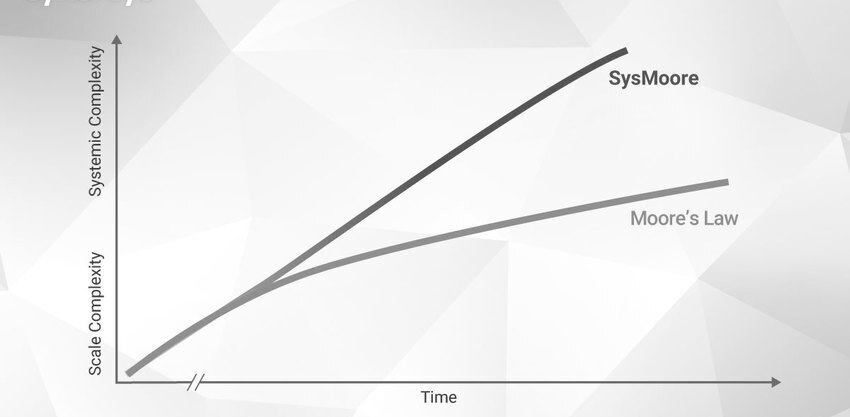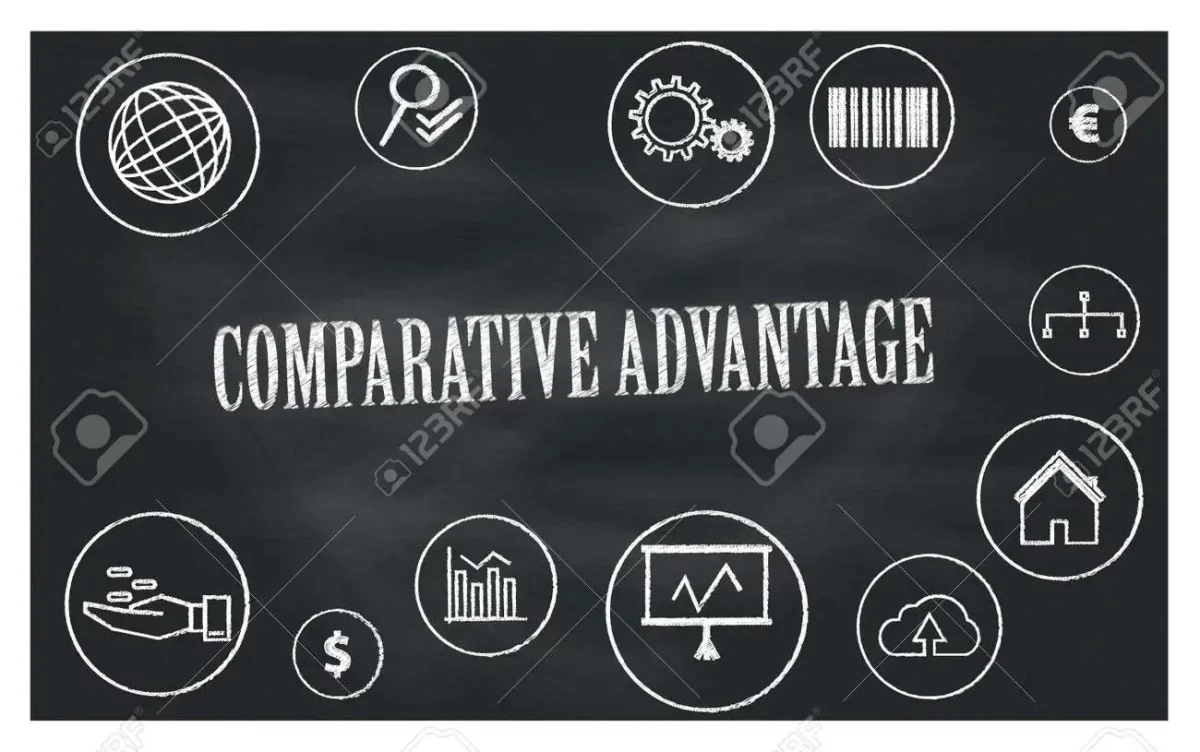Introduction In the realm of decision-making, the Third Rail of Politics is a potent mental model that has far-reaching implications. Coined after the electrified rail system found in some subway networks, this concept refers to a topic that is politically charged, highly sensitive, and often avoided due to its potential to cause controversy or backlash. […]




